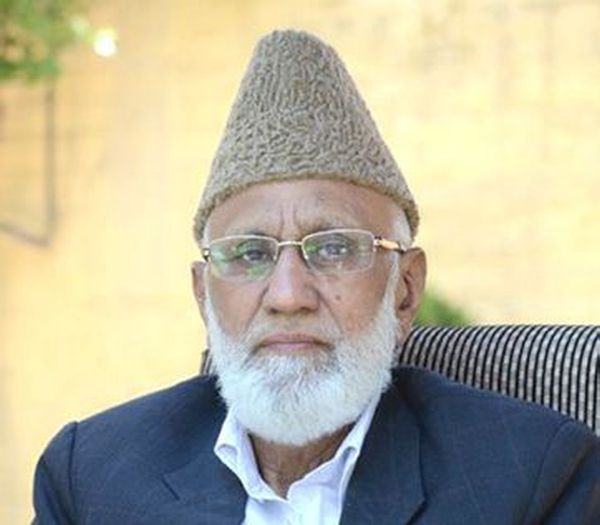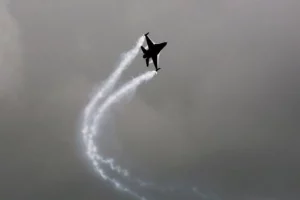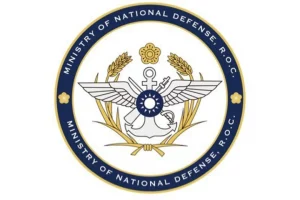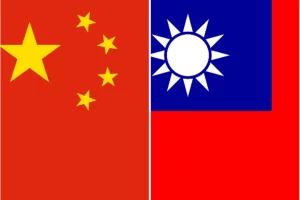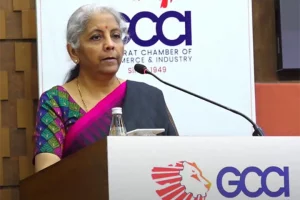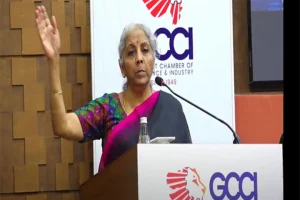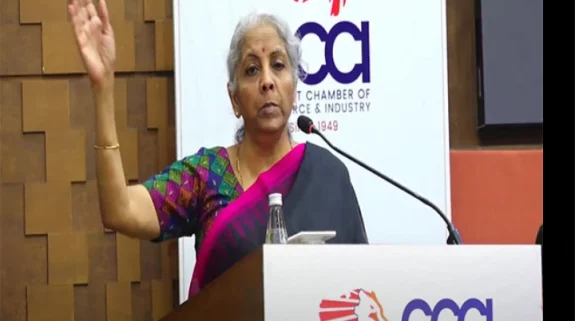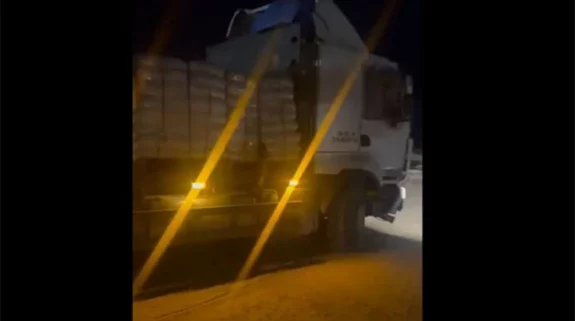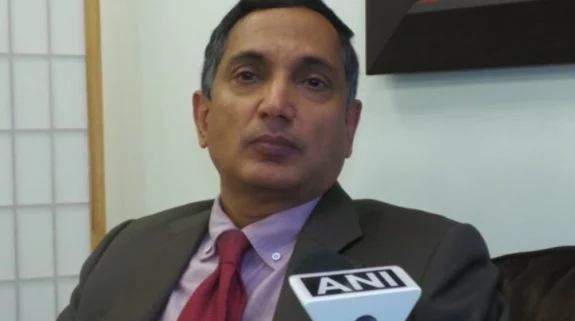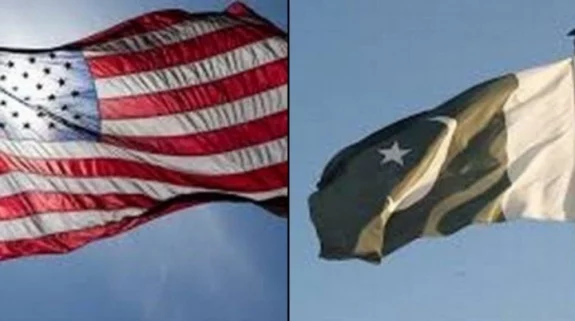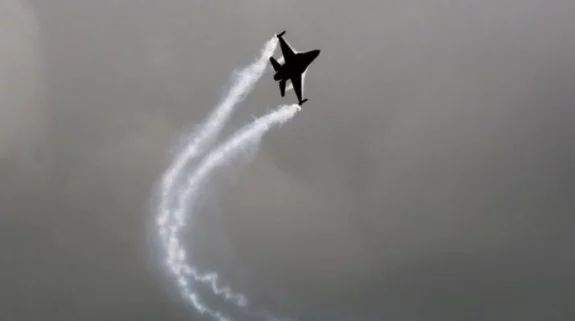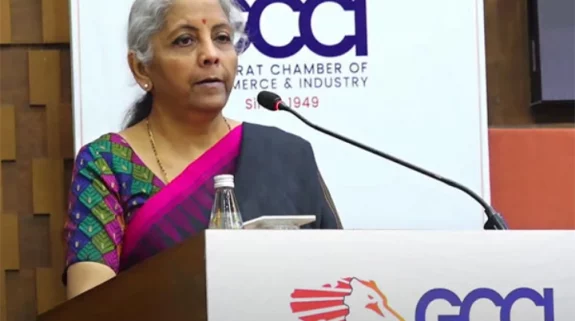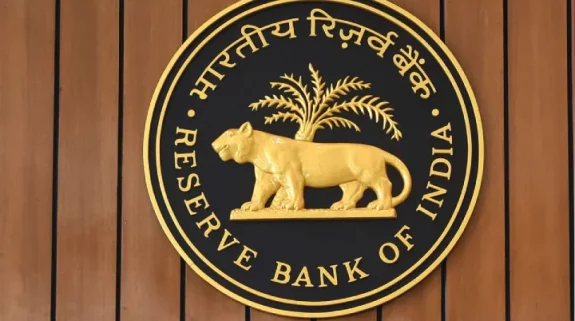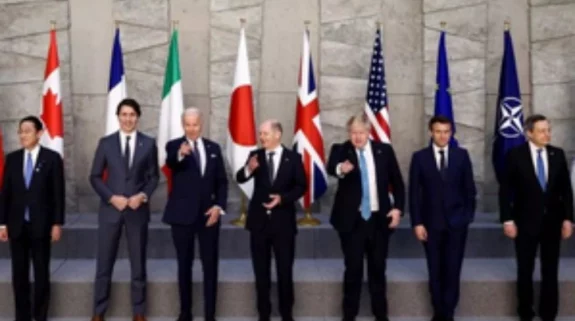With the exception of the ruling party at the Centre, the BJP, all the mainstream political parties have paid rich tributes to the former Jamaat-e-Islami ideologue Mohammad Ashraf Khan aka Ashraf Sehrai and his lifelong struggle for Kashmir’s secession from India and accession to Pakistan.
Next only to the hardliner Syed Ali Shah Geelani in his profile of the pro-Pakistan activism in Kashmir for 60 years, Sehrai died in Jammu’s Government Medical College Hospital on Wednesday, 5 May 2021. In two months of his militant son Junaid Sehrai’s death in an encounter in Srinagar, Sehrai was arrested under the Public Safety Act and lodged in a jail in Udhampur in July 2020. Complaining pain in his chest and other health issues, he was admitted to hospital where he breathed his last.
Understandably, the separatists in the valley as well as in Pakistan have called Sehrai’s death a ‘murder’ while pointing to his age and comorbidities. But, the authorities perceived him to be too important for Pakistan to be left free.
In the last 31 years of the Kashmir militancy, Sehrai was the only top separatist leader whose son died as a militant while fighting the Indian security forces. Exactly the day Sehrai was appointed as Geelani’s successor in Tehreek-e-Hurriyat (TeH) in March 2018, his son, Junaid Ashraf with Masters in Business Administration, vanished from his home and joined the Jamaat-e-Islami’s declared guerrilla arm, Hizbul Mujahideen. On 19 May 2020, he was among the three militants killed in an encounter at Nawakadal in Srinagar.
On 28 June 2020, when Geelani announced his resignation even from the pro-Pakistan faction of the Hurriyat Conference, or Hurriyat (G), which he had launched after breaking away from the All-Party Hurriyat Conference (APHC) in 2003, the Pakistani establishment lost no time to install Sehrai as his successor also in the Hurriyat. This unpredictable development took place amid reports of Geelani’s differences with the Pakistani establishment’s handling of the Kashmir policy after abrogation of Article 370 and Jammu and Kashmir’s split into the two Union Territories on 5 August 2019.
A statement purportedly issued by Geelani levelled serious allegation on a section of the Kashmiri separatists based in Pakistan and inclined to support the Pakistani establishment. It declared a JeI activist from Baramulla, Abdullah Gilani, as Geelani’s representative in Pakistan and Pakistan-occupied Kashmir (PoK). By that time, it was clear enough that not only Geelani but also an influential coterie of his Pakistan-based supports, including Hizbul Mujahideen chief Salahuddin and the PoK ‘Prime Minister’ Raja Farooq Haider, had also been marginalised.
It is widely believed that the Pakistani establishment lost her trust in Geelani after the National Investigation Agency (NIA) stopped calling his two sons for questioning in an alleged terror-funding case. Some separatist circles started suggesting that the Indian agencies were influencing the ailing Geelani through his sons and getting issued statements of their interest. This is believed to lead Sehrai’s appointment as the Hurriyat chairman.
Also Read: Alongside guns, heroin flows into Kashmir from Afghanistan, Pakistan
In days of his appointment, Sehrai was arrested by the Jammu and Kashmir Police and detained in the Udhampur jail under the PSA. Some of the separatists even believe him to be a co-founder of Hizbul Mujahideen in 1989. Tributes paid to him across the separatist camp and in Pakistan indicate his importance as an ideologue for Kashmir’s separation and accession to Pakistan. Euphemistically the separatists call it ‘resolution under the UN resolutions of 1948 and 1949’.
While a number of Geelani’s family members and close relatives are in the government service, Sehrai’s elder son Mujahid told ‘Kashmir Crown’ in an interview that it was his father’s will that none of his children should join the government.
Among the valley’s s0-called mainstream leaders, the first reaction to Sehrai’s death and a tribute to his ‘struggle’ came from the Peoples Conference (PC) chairman Sajad Lone. Lone served as a Minister in Mufti Sayeed’s and Mehbooba Mufti’s PDP-BJP government from the BJP’s quota in 2015-18. On account of his dogged opposition to the abrogation of Article 370, he was among the Kashmiri leaders who were jailed in August 2019 and released a year later. Government has permitted continuance of his high security cover and the ministerial bungalow, even as most of the former Ministers have been relieved of such privileges.
“Ashraf Sehrai Sahib passes away. A long political career comes to an end. Ashraf Sahib struggled all his life. A Jamaat ideologue. When I was 19 I bumped into him and He told me Tel ur father —kitney haseen hain terey lab ki galiyan dekey bemaza na hua.May Allah grant him Jannat”, Lone tweeted. “And why did he have to die in incarceration and not at his home amongst his kin and loved ones. Have we become so weak that an old infirm dying person is a threat to the state. I am not being critical. But please introspect. Seharai Sahib was a political leader not a terrorist”.
Lone, whose own father has fallen to a terror strike in 2002, went on to add: “This is the irony of Kashmiri politics. Top quality politicians consumed by the conflict. The ideological versatility of Kashmir politics is a curse. A transparently honest politician spent decades in jail.”
It was followed by a trail of tributes from the Congress, Yousuf Tarigami of the CPI (M), a number of the Peoples Democratic Party (PDP) leaders and, in a competition, also from the Apni Party chief Altaf Bukhari and the National Conference President Farooq Abdullah.
The PDP President and the former Chief Minister Mehbooba Mufti did not stop at Twitter. In a letter addressed to Prime Minister Narendra Modi, she wrote, “As far as Kashmir is concerned, it is no secret that hundreds, or may be thousands of detainees and political prisoners arrested since August 2019 continue to languish in jails both in and outside J&K. Most of them are detained under preventive laws and don’t face any prosecution. Many continue to be held even after courts granted them bail. Most recent reminder of the lurking threat to their lives is Mohammad Ashraf Sehrai’s death who lost his life because he contracted Covid in jail and was deprived of medical care”.
These tributes to Sehrai and his ‘struggle’ have not only painted India black in the world diplomatic circles but also sanctified and legitimised Pakistan’s and the separatists’ stand and narratives on Kashmir for the younger generation of the Kashmiris. In social media, an organised tirade is now underway against India without resistance.
The only resistance has been offered by one Mir Junaid, an insignificant but stoic pro-India activist from Lone’s own area of Handwara.
“Separatist leader Mr Sehrai was a terrorist who appreciated the move of his son joining terrorist group. The people who encourage terrorism are also terrorists & the people trying to appease them for political benefits are no less @sajadlone @MehboobaMufti”, Mir asserted in a thread of tweets. “The political class of Kashmir is sobbing over the demise of Mohammad Ashraf Sehrai the president of Tehreek-e-Hurriyat. The Lones and Muftis are calling him a political champion who was treated like a terrorist by the Govt. I am sorry to see this appeasing politics of them”.
“Demise of Mr. Sehrai is sad but giving it a political colour and continuing the villianisation of Indian action against terrorists & terror sympathisers shows that these political dynasts are only crazy about power & don’t care what it means to their country @MehboobaMufti”, Mir tweeted. “The organisation which Sehrai headed has been 1 of the fundamental reasons for terrorism in Kashmir. The organisation has glorified, recruited & funded for terrorism. If a terror accomplice ever motivated to destroy India doesn’t deserve to be imprisoned then who does? @sajadlone”.
“If the glorifier of terrorism doesn’t deserve imprisonment who does? @sajadlone. He was given medical aid when his condition got bad. The crimes that these politicians are guilty of against the integrity of India they should be thankful they arent executed. @MehboobaMufti”, Mir tweeted while tagging Lone and Mehbooba. “The person is no more and talking ill of the dead isn’t good. But the political turncoats like @MehboobaMufti and @sajadlone are blaming the UT govt for his death. I wonder what makes them blame India”, Mir tweeted.
“Blame @GovtofPakistan for funding terrorism whose consequence is the imprisonments of not so innocent individuals. Treason can’t b tolerated & traitors don’t have a shelter anymore in India. stop politicising deaths & work on ground to reform Kashmir. If u can’t go to @ImranKhanPTI”, Mir concluded.






